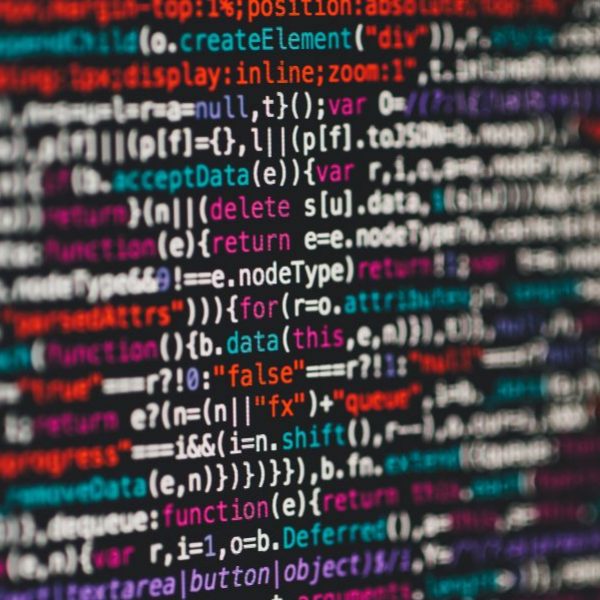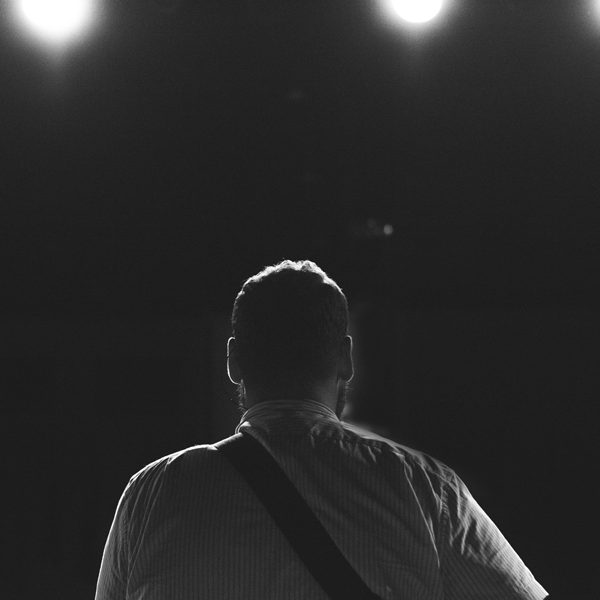Greg Lastowka on the Internet Blackout

Greg Lastowka, credit Nick Romanenko
Greg Lastowka, professor of Law at Rutgers University and author of Virtual Justice: The New Laws of Online Worlds, writes on today’s Internet Blackout and the pending legislation before Congress that could limit our access to certain sites.
Greg Lastowka—
Today is a great day for cyberlaw. As thousands of websites join the Internet blackout in protest of the Stop Online Piracy Act (SOPA) and the Protect IP Act (PIPA), the general public is now being introduced to what digital copyright scholars have been studying for two decades: the escalating conflict between the Internet and copyright.
Though today’s Internet blackout represents a turning point, the broader “copyright wars” (as they are called) have been going on for quite a while. The Electronic Frontier Foundation (the organization that Wikipedia points to for information on SOPA and PIPA) was founded in 1990 and has played a key role in efforts to protect civil liberties online.
As digital copyright scholar Jessica Litman has explained, throughout the twentieth century, the standard means of crafting new copyright legislation was to allow the various players in the content industries to meet and negotiate proposed changes to copyright laws. For the most part, private industries made public law. This made sense if copyright was seen as a law that primarily affected the business of entertainment. The public (with the exception of librarians) was not seen as implicated by copyright law.
The Digital Millennium Copyright Act, passed into law in 1998, probably marked the first challenge to this conventional wisdom. The DMCA prompted online and offline protests. There were even anti-DMCA t-shirts. (I own one.) The popular protests were largely aimed at the “anti-circumvention” provisions of the law, which forbade hackers from breaking digital locks to gain access to copyright-protected materials. The protests, however, were small-scale, rag-tag efforts of a hacker community. For a 1990s public who generally understood “hacking” as synonymous with criminality (not creativity), hacker protests probably seemed a bit odd.
On the other hand, the DMCA also provided new “safe harbor” provisions for hosts of online content. These provisions were also controversial. They allowed hosts of online content to avoid copyright infringement liability by following certain procedures, including the removal of infringing content upon formal notification by copyright owners. Some critics of the safe harbor provisions still charge that they unduly restrict free speech online. However, the technology industry at this point is fairly comfortable with the existing compromise.
 SOPA and PIPA threaten to upset the DMCA boat. They essentially bring the copyright wars into the DMCA safe harbor, placing a much heavier burden on the Internet industries to police for and respond to infringing content. They also give the government and private copyright owners the power to go after Internet industries that do business with sites that facilitate piracy or are “dedicated” to piracy. This means that online advertisers, search engines, and financial companies can be prohibited from interacting with SOPA-targeted websites.
SOPA and PIPA threaten to upset the DMCA boat. They essentially bring the copyright wars into the DMCA safe harbor, placing a much heavier burden on the Internet industries to police for and respond to infringing content. They also give the government and private copyright owners the power to go after Internet industries that do business with sites that facilitate piracy or are “dedicated” to piracy. This means that online advertisers, search engines, and financial companies can be prohibited from interacting with SOPA-targeted websites.
By far the most controversial thing that SOPA and PIPA promise to do is break the DNS, the Internet’s domain name system. They do this by allowing the government to require domestic Internet Service Providers to delist targeted domain names from their numerical addressing tables. Essentially, at present, every website you visit by means of a domain name (like yale.edu) is actually a shortcut that is linked by a set of tables to a longer (and harder to remember) number, known as an IP address. Yale.edu is a shortcut for the IP address 130.132.35.53. SOPA and PIPA would effectively force ISPs to delist certain domains, preventing them from being linked to IP addresses, and effectively preventing citizens in theUnited States from reaching those sites.
For a country that prides itself on strong First Amendment rights, this sort of access blocking seems, at the very least, troubling. Although copyright infringement is not a form of protected speech, a website might easily contain a mix of infringing and non-infringing content. As First Amendment scholars have argued, if the government effectively enjoins domestic ISPs from providing access to foreign websites that contain non-infringing speech, that injunction should fall afoul of the First Amendment.
Personally, I strongly support the opposition to SOPA. But what pleases me most about today’s protests is the scale of the dissenting voices. Sites like Wikipedia, Google, and even the Swedish “indie” game Minecraft are using today as an opportunity to voice their views on the appropriate limits of copyright, and that seems to me like a wonderful development.
In Chapter 5 of my book, Virtual Justice, I explain how early cyberlaw scholars struggled to describe how political values had been built into the Internet’s technological architecture. In recent years, many skeptics have criticized these “cyber-exceptionalist” thinkers. As I explain in the book, however, the cyber-exceptionalism perspective is well-justified. Fundamental Internet technologies, like the DNS, effectively reify certain political convictions and serve to establish a more democratic social architecture. The shape of our technology is political. Today’s protests are making that abundantly clear.
This is also an important day for digital copyright. In Chapter 9 of Virtual Justice, I describe how copyright law today is being used, in the context of online virtual worlds, as an effective tool of governance. Digital copyright law can be harnessed by those who wield it not merely to protect authorial interests in creativity, but as a dangerous tool to limit community participation, political dissent, and free competition. Digital copyright is already so expansive in the online context (even without SOPA or PIPA) that, as a practical matter, it threatens to limit popular consumer rights and undermine some of the core values of our democratic society.
What I call for in Virtual Justice is not a particular solution to cyberlaw problems, but for a broader popular consideration of those problems. While I am personally concerned about the current trajectory of Internet law, I realize there are those who might see things differently. My chief concern is that so many people today seem unaware of the impact of cyberlaw and the copyright wars on the future of our society.
Today, though, my pet questions are headline news. I sincerely hope this marks the beginning of a broader, smarter conversation about digital copyright.
Greg Lastowka is a professor of law at Rutgers University. Virtual Justice is now available in paperback from Yale University Press and is also available as a free PDF download, offered under a Creative Commons license.


























Reblogged this on yellow house cafe and commented:
One of the most informative SOPA/PIPA articles read today. How it works, why it doesn’t, and why we should care ~